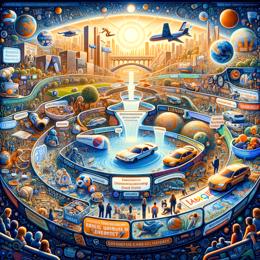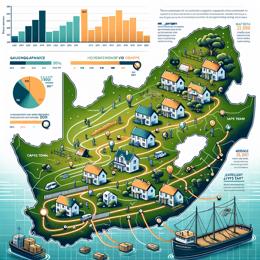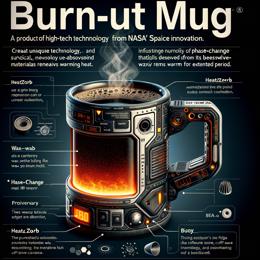Picture: for illustration purposes
9-to-5 Office Life Stirs Debate among Gen Z with TikToker's Emotional Video
In a candid display of the challenges inherent to many first-time corporate experiences, a recent college graduate named Brielle has become the face of a burgeoning movement advocating for alteration to the traditional 40-hour work week.
On October 19, Brielle, located in the New York area, uploaded a poignant video to TikTok depicting her woes in trying to maintain her personal life alongside her daily 9 to 5 corporate job. Garnering over 1.2 million views and a flood of over 7,300 comments, her narrative resonated strongly with viewers, many of whom empathised with the struggle of juggling their personal lives while working full-time under the monotonous routine.
In her video, Brielle highlights the toll her new job takes, physically and emotionally. She embarks on her commute at 7:30 a.m. and doesn't return home until past 6:15 p.m., leaving her limited time and energy to complete daily chores or maintain a social life. Her seemingly relatable experience has stimulated calls for reforms to the conventional 40-hour work week structure.
Commendations came from several viewers who agreed that the traditional 9 to 5 workweek appears antiquated, particularly considering the increase in remote work due to the global pandemic. Advocacy for a re-evaluation of the structure, insinuating a four-day work week, was mentioned by commenters.
In an emailed statement to Insider, Brielle expressed gratitude for her job after an exhaustive search post-college. However, she also duly noted the burnout and escalation of mental health issues in American workers due to the high work hours. She voiced the collective concern over employees' inability to maintain a healthy lifestyle and build social connections under the stressful schedule.
Brielle, grateful for the largely positive responses, added that "I leave for work before sunrise and get home after sunset.” She stands hopeful that her video will spark a meaningful dialogue about the necessity of a 40-hour week and trigger companies to reconsider the status quo with many already accustomed to remote work.










